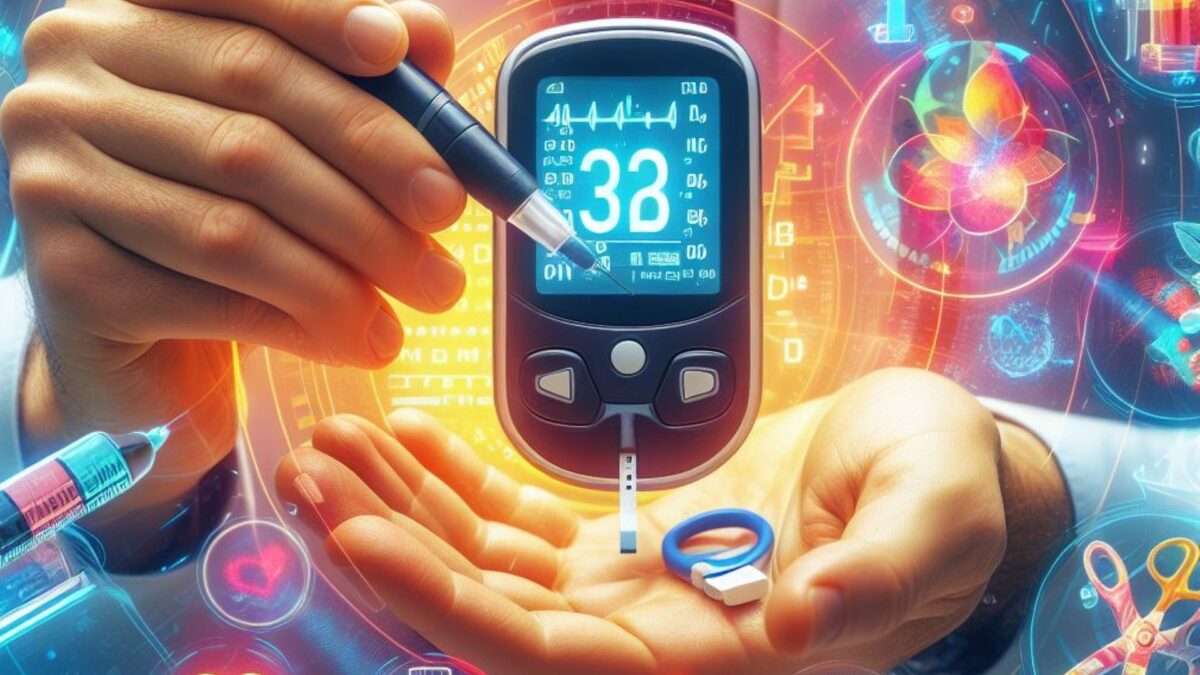Type 2 diabetes is a chronic metabolic disease that develops as a result of disorders in the body’s sugar management.
It is characterized by high blood glucose levels, which are the result of insufficient insulin secretion by the pancreas or improper functioning of this insulin in the body’s cells. Type 2 diabetes mainly affects adults, although it is increasingly being diagnosed in younger people, which is associated with the growing number of cases of obesity and an unhealthy lifestyle. One of the main risk factors for developing type 2 diabetes is overweight, especially abdominal obesity. Other factors include lack of physical activity, an unhealthy diet rich in processed foods, stress and genetic predisposition.
People with type 2 diabetes often do not realize they have the disease for a long time, because the symptoms can be mild or unnoticeable. The most common symptoms include: increased thirst, frequent urination, fatigue, weight loss and problems with wound healing. Treatment for type 2 diabetes involves changing your lifestyle, which includes introducing a healthy diet, regular physical activity and controlling your body weight.
The diet should be balanced and rich in low-glycemic foods, such as vegetables, whole grains and healthy fats. It is also important to avoid simple sugars and processed foods. In advanced cases, oral medications are necessary to help control blood glucose levels, and sometimes insulin. Regular tests, monitoring blood sugar levels and working with a doctor are key to effectively managing the disease and preventing complications such as heart disease, kidney damage or vision problems. Type 2 diabetes is a serious condition, but with healthy habits and appropriate treatment, you can live with it effectively and reduce the risk of complications.

